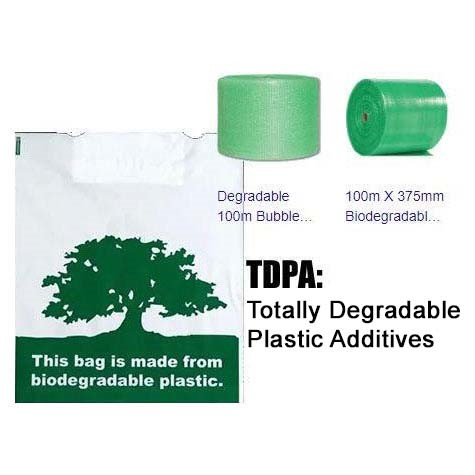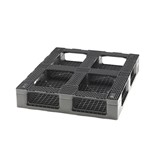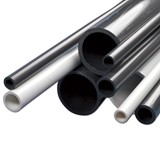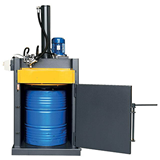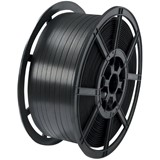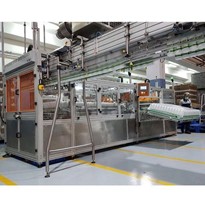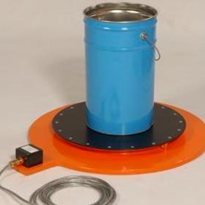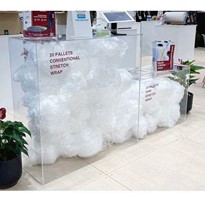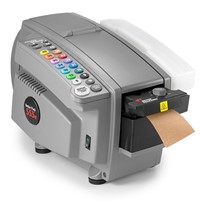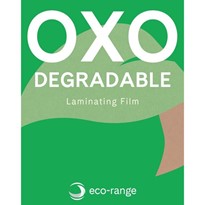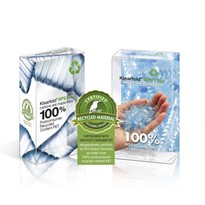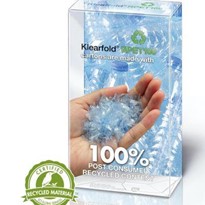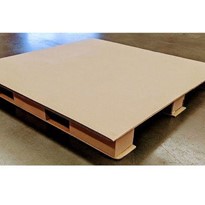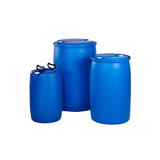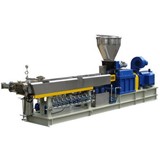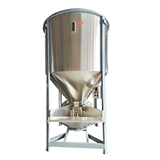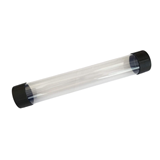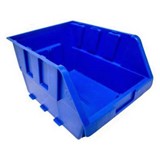There are many plastic products out there that claim that due to an additive put into the plastic during manufacturing that the plastic will 'biodegrade' - thereby making their product the Environmentally Friendly choice.
Let's look at the facts.
- There are a number of different additives that can be used to put into plastic manufacturing that are claimed to make them biodegradable/ oxo-biodegradable or even just degradable. Each of these claim to require specific circumstances that will allow any kind of breakdown to commence. Studies published in the Environmental Science & Technology show that the additives were not effective and that there was no difference in breakdown when comparing plastics with additives and those without.
- Not only do the plastics NOT degrade, but when put in landfill, at best they break down into smaller and smaller particles - which is not great in itself as the small particles get into our water and soils and food chain - and at worst the levels of methane created can actually combust.
- Plastics with additives can not be put into either curbside or RED recycling programs as the additives taint the recycling process (the polymers cannot be mixed and therefore be re-purposed), so can only be added to standard garbage collection.
So what does the ACCC (Australian Competition & Consumer Commission) have to say about business's making such claims about their product?
The ACCC has recently put out this article - Biodegradable, degradable and recycling claims on plastic bags. And this is basically what it says:
- Under the Trade Practices Act of 1975 - Any business or company making false or misleading representations regarding their products (whether it be about degradability or otherwise) will find themselves in breach of the Act.
- Whilst products may be degradable under particular environmental circumstances to what extent it will degrade must be specified, in what specified time frame, using a relevant and identified standard test method. It can be claimed as a misleading term without qualifying the process of degradation.
- The term Biodegradable has no specific definition or single understanding currently - As a result simply using the term is problematic as it may mean different things to different people - and therefore be in breach of the Act.
- Simply using the term recyclable is misleading without qualifying how an item can be recycled.
- Recycling - if it is claimed that a product has had a previous life - i.e. made of recycled material, then to what extent must be qualified. Example - made from 15% recycled content.
- Using the term 100% biodegradable, or degradable is an absolute claim. It says that the whole of the product will biodegrade or degrade in the same way and over the same time period - and that's not likely.
At Get Packed we do have an Environmentally Friendly Category of packaging products - which does include plastic products. However we do qualify this range under the terms Reduce, Re-Use and Recycle. We don't make claims of degradability unless we specify to what extent it is degradable, and we also specify to what percentage a good is made of recycled content. With regards to the plastic products in this range then it's because either less plastic has been used in its creation (than is usual) or less plastic is required of the user for the same outcome. Call us to discuss what products we can offer you that help you do your bit for the environment whilst also meeting your packaging needs.
We have an interesting 3 minute video on our website about the 'Shocking Truth About Biodegradable Plastics' that's worth a look.
For further interesting reading on the Plastic Packaging Issue have a look at one of our most popular articles - "The Plastic Packaging Issue and Reducing Food Waste - Difficult Choices to Make"


